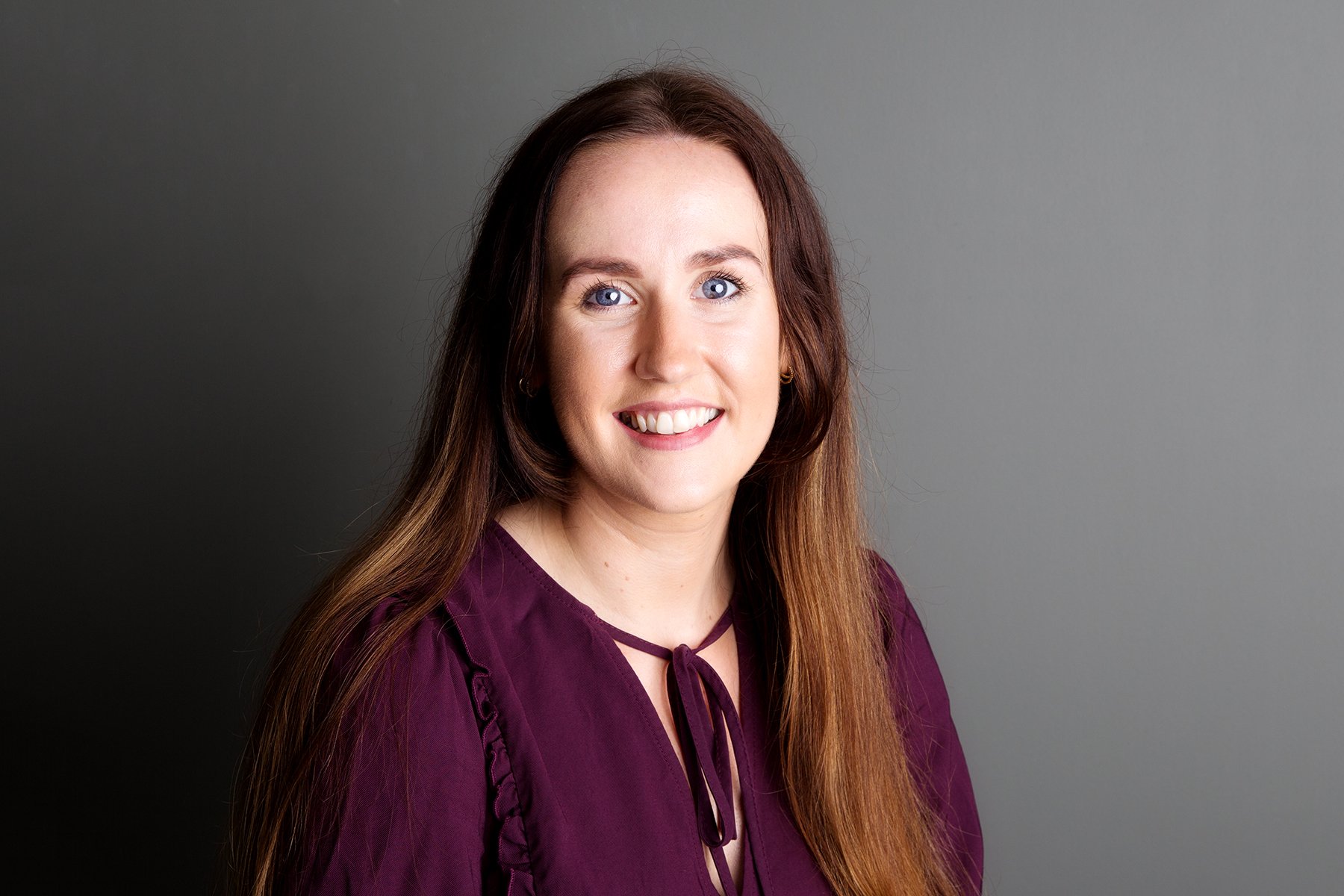The Perils Of Relationship-Free Parenting
Published on 13 November, 2023 | Hannah Pilling

Being a family lawyer provides something of a unique perspective on change within the UK’s households.
In the last few decades alone, we have seen huge fluctuations in how relationships are forged, formalised and brought to an end.
Those same dynamics can also be measured in relation to children.
This August, the Office for National Statistics (ONS) reported that there were 605,479 live births in England and Wales last year (https://www.ons.gov.uk/peoplepopulationandcommunity/birthsdeathsandmarriages/livebirths/bulletins/birthsummarytablesenglandandwales/2022 .
On the face of it, that sounds like a healthy addition to the country’s population. Yet it is the lowest such figure since 2002 and almost one-third down on the number recorded in 1965.
One possible reason for that drop is the sheer expense involved in raising a child – £223,256 before the age of 18, according to one estimate (https://www.thetimes.co.uk/money-mentor/article/starting-family-baby-costs/)
Yet, it is hard to overlook other factors which have little or nothing to do with finance.
People who choose to marry are increasingly older when they do so (https://www.ons.gov.uk/peoplepopulationandcommunity/birthsdeathsandmarriages/marriagecohabitationandcivilpartnerships/bulletins/marriagesinenglandandwalesprovisional/2020).
There are many men and women, of course, who decide to set up home without marrying at all.
Cohabitation, says the ONS, is the fastest growing couple type of all, doubling over the last 25 years (https://www.ons.gov.uk/peoplepopulationandcommunity/householdcharacteristics/homeinternetandsocialmediausage/articles/livingarrangementsofpeopleinenglandandwales/census2021).
Meanwhile, there are those whom either do not want to be in a relationship or have not found a suitable partner.
That does not stop them wanting to have a child.
A story in The Times in the last week or so has identified an apparent rise in the number of “platonic” couples using various internet platforms and smartphone apps to find individuals with whom they can become parents without having a relationship in any generally accepted form or fashion (https://www.thetimes.co.uk/article/8cfd11fc-7502-11ee-b9bb-a19d1562d9ff?shareToken=bf89f168b76dabaa911a23b000dd6c24).
The founders of one UK-based app have described how it has helped at least the parents of at least 12,000 babies meet, while a second has talked of clients wanting introductions to others wanting to have children almost straight away.
It is a development which is not only progressive but challenges the very conventions upon which families have long been established – something which, in itself, is no bad thing.
However, it is an evolving practice which I and some of my colleagues at Hall Brown have been exposed to in recent years. These novel methods, used to have children, can present many difficulties.
The nature of identifying a co-parent online means that people are in effect trusting, in some cases, strangers, to share the same intention to co-parent with one another. Naturally, there is no way of testing that intention and whether they do in fact align until the child is born. Unfortunately, it can cause scenarios where one parent dismisses the other’s involvement upon birth of the child.
In these circumstances, securing ongoing contact with the child or having any say in his or her upbringing could mean a lengthy, costly, and uncertain court process. It also throws issues of paternity into question if co-parents are using alternate and/or artificial means of insemination.
Furthermore, if any co-parents were to pursue repayment of expenses which they had covered during the pregnancy, the family court could not help at all. That would be a matter for the civil courts instead.
These issues demonstrate all too clearly how these sites or apps offer no legal protections for participants. The reality is that some people using these sits could, unfortunately, have other motivations than to co-parent.
In addition to actually some referring to themselves as software companies rather than experts in the finer points of children law, the fact that they present global parenting opportunities – one popular site has offices in the US, Australia and the Philippines – creates potential headaches straddling multiple jurisdictions should things not go smoothly.
Critics might argue that such arrangements put the motivation of parents before those of the children conceived in such circumstances.
In England and Wales, the law is quite specific that the reverse should be the case.
The Children Act 1989 states in its opening passages that “the child’s welfare shall be the court’s paramount consideration” (https://www.legislation.gov.uk/ukpga/1989/41/contents).
I sincerely hope that my comments are not interpreted as wishing to stifle the desire of men and women to be loving, considerate parents.
However, I think that embarking on parenthood can be complicated enough, regardless of how it happens.
When there is such a lack of clarity as provided by co-parenting apps, it would be extremely wise to exercise caution.
Even committed parents who live together do not always agree on how their role in taking an infant to adulthood is best accomplished.
More casual arrangements may, of course, work perfectly well.
Nevertheless, they present considerable risk with no supporting legal framework and that doesn’t bode well for parents and children alike. It is important that if people are considering this option that they first seek legal advice.